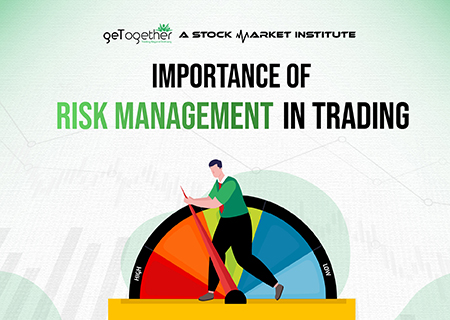The Importance and Importance of Risk Management in Ensuring Corporate Continuity
The Importance and Importance of Risk Management in Ensuring Corporate Continuity
Blog Article
The Significance of Understanding the Value of Risk Management in Different Industries

The Core Concept of Risk Management and Its Objective
Risk Management, the foundation of many industries, pivots on the recognition, examination, and mitigation of uncertainties in a service setting. By correctly identifying prospective dangers, organizations can create techniques to either prevent these risks from happening or lessen their impact. When threats have actually been identified and assessed, the reduction process involves devising methods to decrease their prospective influence.
Advantages of Carrying Out Risk Management in Business Procedures

Revealing the Function of Risk Management in Different Industries
While every sector challenges its distinct collection of threats, the execution of Risk Management techniques continues to be an usual in their pursuit of sustainability and development. In the medical care industry, Risk Management requires guaranteeing individual security and data security, while in financing, it involves mitigating investment threats and ensuring regulatory conformity (importance of risk management). Construction firms concentrate on employee safety and security, job hold-ups, and budget plan overruns. In the innovation industry, companies minimize cybersecurity threats and modern technology obsolescence. Eventually, the function of Risk Management across industries is to identify, examine, and alleviate threats. It is an essential element of calculated preparation, enabling companies to secure their possessions, make best use of opportunities, and attain their purposes.
Real-life Situation Studies Demonstrating Successful Risk Management
To understand the importance of Risk Management in these lots of fields, one can seek to several real-life circumstances that illustrate the successful application of her explanation these measures. As an example, in the power industry, British Oil created Risk reduction plans post the 2010 Gulf of Mexico oil spill. They executed better security treatments and more stringent policies which dramatically lowered more mishaps. In finance, Goldman Sachs effectively browsed the 2008 monetary crisis by recognizing prospective mortgage-backed safety and securities risks early. Last but not least, Toyota, publish the 2011 earthquake in Japan, revised its supply chain Management to reduce interruption threats. These situations demonstrate exactly how industries, gaining from crises, successfully applied Risk Management methods to minimize future threats.
Future Trends and Developments in Risk Management Techniques
Cybersecurity, once an outer worry, has actually catapulted to the center of Risk Management, with techniques focusing on discovery, avoidance, and reaction. The integration of ESG (Environmental, Social, Governance) variables into Risk Management is another expanding pattern, showing the boosting recognition of the function that social and environmental threats play in company sustainability. Hence, the future of Risk Management lies in the blend of advanced modern technology, ingenious strategies, and an alternative technique.
Final thought
Finally, comprehending the value of Risk Management throughout a range of markets is vital for their longevity and success. Customized strategies can assist minimize potential dangers, guard possessions, and foster official site stakeholder depend on. Additionally, positive decision-making help in governing compliance and enhances source usage. Eventually, effective Risk Management contributes to a lot more sustainable and resilient businesses, highlighting the relevance of this method in today's vibrant and highly affordable organization environment.
While every market faces its distinct set of threats, the implementation of go to website Risk Management approaches remains a common in their quest of sustainability and development. In the medical care sector, Risk Management entails making sure person safety and security and information defense, while in finance, it entails mitigating financial investment dangers and making certain governing conformity. Eventually, the function of Risk Management throughout markets is to recognize, analyze, and minimize dangers. These instances show how industries, finding out from situations, effectively used Risk Management methods to minimize future risks.

Report this page